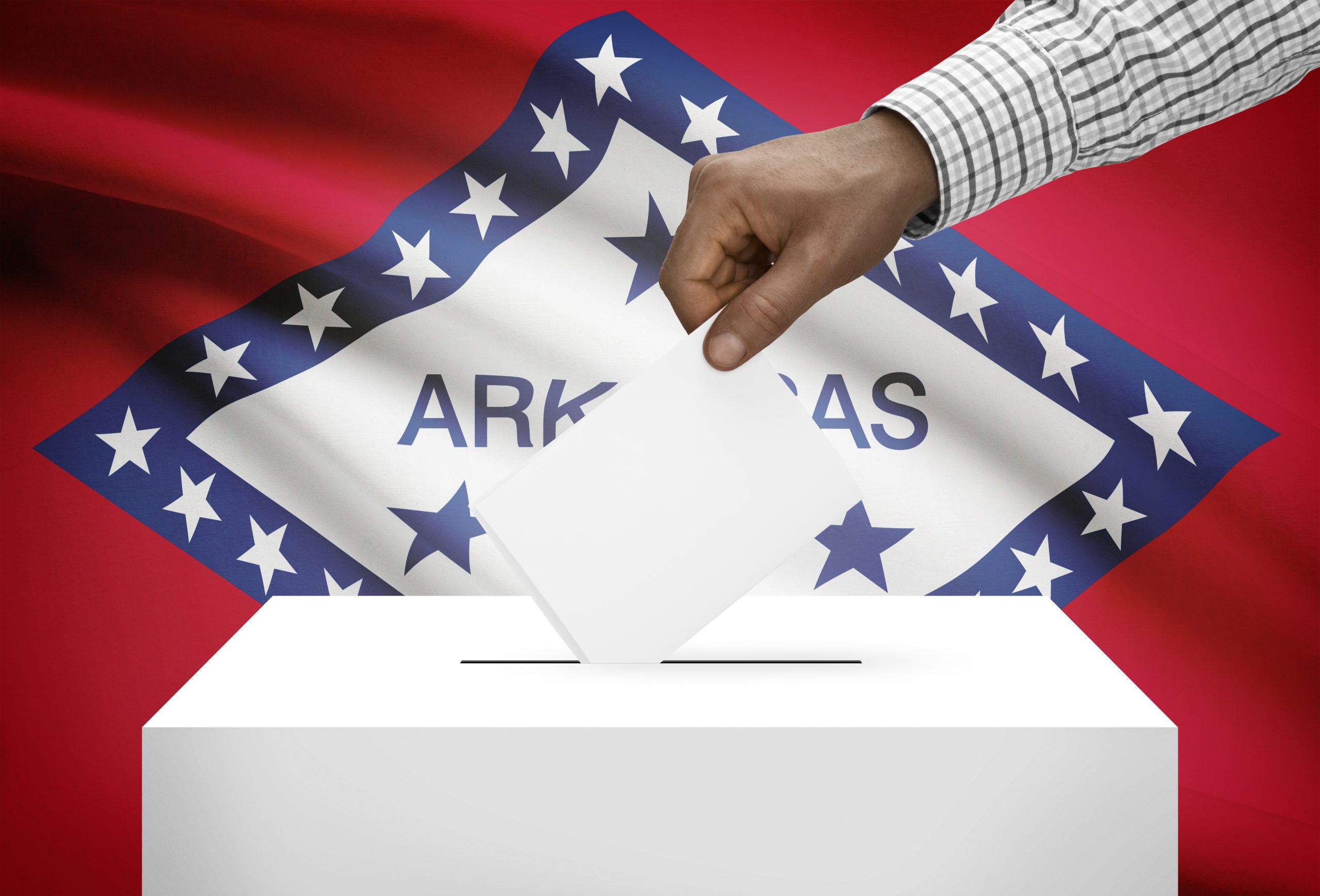By Mel Wilson, MBA, LCSW – NASW Senior Policy Adviser
In the face of a period of national tension and uncertainty about the future of America’s democracy, voting rights activists were shaken by another attack on one of our fundamental rights – the unencumbered right to cast a ballot.
A panel of judges from the Eighth Circuit Court of Appeals on Nov. 20 dismissed a challenge to a gerrymandered Arkansas redistricting map. The plaintiff in the challenge asserted that the state violated Section 2 of the Voting Rights Act (VRA) – a key voting protection enforcement tool – by discriminating against Black voters in drawing the original map.
The Arkansas case was dismissed by the circuit court under the premise that Section 2 did not give private citizens or organizations the authority to directly challenge states in court for suspected violations of the VRA. The circuit court interpreted that Section 2 – as a device for regulating compliance with VRA – was available solely to U.S. Justice Department. The deeply erroneous reasoning behind this ruling centered on the intent of Congress when it wrote Section 2. The majority asserted that because the text does not explicitly give private persons or organizations the right to sue, Congress did not intend for the private sector to have that authority. This flies in the face of Congress’ true intent and years of precedent and practice that hold that private parties can indeed enforce the Voting Rights Act.
That interpretation and the circuit court’s decision was extraordinarily damaging in terms of its impact. It essentially eliminates one remaining provision in VRA that articulated specific consequences for states that are deemed to have denied voting rights to otherwise eligible voters due to their race or ethnicity. The other provision – Section 5 – had already been struck down by the Supreme Court (SCOTUS) in a monumental 2013 ruling.
If the Eighth Circuit’s decision prevails, the VRA will be stripped of its authority to enforce voter protections as intended by Congress. This would essentially mean that VRA will cease to exist.
Ruling could have impact far beyond Arkansas
The decision could likely have a significant role in determining the outcomes of the 2024 presidential election. Briefly, practices such as racial gerrymandering on the part of the states covered by the VRA can greatly dilute votes cast by African American and other minorities. Such distortions have historically guaranteed that white office seekers can potentially maintain political dominance in those states for decades.
The Eighth Circuit’s ruling comes at a time when there are challenges to congressional and legislative maps drawn by legislatures in Alabama, North Dakota, Louisiana and Georgia. It is important to note that all of those challenges were brought by individuals and groups — not the Justice Department. The Eighth Circuit’s disastrous ruling poses a real threat to voting rights within the Eighth Circuit and a looming threat elsewhere. Not coincidentally, within one day of the Eighth Circuit’s ruling, North Dakota announced its intention to appeal the district court’s ruling that it must redraw its voting map.
A compounding factor that makes this situation more ominous is the intersection with far-right politics and judicial activism on the part of some federal judges. The author of the opinion in the Arkansas case is a Trump appointee. Significantly, the district court judge who originally dismissed the case challenging the Arkansas map is also a Trump appointee. Both judges used the same legal reasoning to basically retrofit an opinion that allows them to achieve their true objectives – which is to neuter the VRA.
Without a doubt, many far-right politicians became invigorated and emboldened when they became aware of the Eighth Circuit’s ruling. They anticipate a world where they are free to gerrymander, suppress votes, and use voter intimidation tactic with impunity. Absent the voting protections offered by Section 2, there will be nothing to stop them.
The U.S. Supreme Court may likely get involved
There is some likelihood that this issue will ultimately land before SCOTUS. How the Court will rule is unclear. However, it would be a mistake to automatically assume that because the SCOTUS is a conservative court, it will side with the Eighth Circuit. We need only to be reminded that Chief Justice John Roberts has a long history of being antagonistic to the Voting Rights Act. Yet, he joined the majority in ruling that Alabama’s 2022 redistricting map was in violation of the VRA. As a consequence, SCOTUS mandated that Alabama redraw its voting district maps to include two majority Black districts.
It is reasonable to speculate that there is skepticism about the Eighth Circuit’s interpretation of Congress’ intent when it wrote Section 2 of the VRA. As stated by a prominent legal scholar:
“Even by the standards of the last decade – hardly a decade that has been kind to voting rights – the Eighth Circuit’s decision is an extreme outlier. The decision is so extreme that even our contemporary, and historically radical, Supreme Court may seriously consider overturning it.”
No matter how SCOTUS rules on VRA, what is clear is that this crisis reaffirms that the National Association of Social Workers (NASW) and the rest of the voting rights community must mobilize fight against the effort to scuttle VRA.
There is a growing consensus that the only way to preserve free and fair voting rights ―the cornerstone of democracy― is by electing senators, congressmen and state-level legislators who are willing to pass voting rights legislation such as the John Lewis Voting Rights Advancement Act and the Freedom to Vote Act. Both pieces of legislation are designed to replace the Voting Rights Act of 1965 with legislation that clarify the intent of Congress and addresses the concerns raised by the SCOTUS.




